Post-Op Care for Dogs After Spay or Neuter Surgery: Tips for a Smooth Recovery
Top 3 Takeaways – Spay/Neuter Recovery
Introduction
So your dog has just been spayed or neutered—now what?
Post-operative care plays a critical role in how quickly and safely your dog heals after surgery. Even though spay and neuter procedures are common, what happens after the surgery can be just as important as the operation itself.
At Bliss Animal Hospital in Lake Forest, CA, we guide pet owners every day on how to keep their dogs comfortable, safe, and complication-free in the days and weeks following surgery. This post will walk you through everything from incision monitoring and pain management to exercise limits and warning signs to watch out for.
Day-By-Day Recovery Timeline
| What to Expect | What to Do | |
|---|---|---|
| Day 1 | Grogginess, low appetite, minor bleeding/swelling | Let your dog rest, offer small meals, use the cone |
| Day 2–3 | Energy returning, incision healing begins | Leash walks only, monitor for licking |
| Day 4–7 | Sutures begin tightening, internal healing | Keep activity restricted, check incision 2x/day |
| Day 8–10 | External healing improves, sutures may dissolve | Call your vet if you see swelling or discharge |
| Day 14+ | Full recovery likely for most dogs | Resume normal activity if cleared by vet |
Managing Pain and Discomfort
Medications
Your dog will likely be sent home with anti-inflammatory medications or painkillers. These are important to help your pet rest and recover. Always follow the instructions provided and never give human medications like ibuprofen or Tylenol, which are toxic to dogs.
Common meds include:
Signs of Discomfort
Look for:
If your dog seems unusually uncomfortable despite medication, call your vet for an evaluation.
Activity Restriction Is Critical
Even if your dog seems back to normal after a couple of days, the internal healing process takes longer. Running, jumping, or roughhousing too soon can cause serious setbacks like suture rupture or internal bleeding.
For at least 10–14 days:
Use a crate, playpen, or a small gated area to limit your dog’s movement.
Incision Care 101
What’s Normal
What’s Not Normal
Call us immediately if you observe any of these signs. Early intervention can prevent more serious issues.
Do Not Clean Unless Instructed
Unless otherwise directed, you do not need to apply any topical ointments or clean the site with hydrogen peroxide or alcohol, which can delay healing.
Preventing Your Dog from Licking the Incision
Licking is the #1 cause of post-op infections. Dogs are naturally drawn to clean or soothe wounds, but this behavior can introduce bacteria or pull out sutures.
Prevention tips:
If your dog slips out of their cone, call us right away—we’ll help you find a better fit or solution.
Food and Water After Surgery
Some dogs may not eat much the first night home. This is normal, especially after anesthesia.
Feeding advice:
If your dog refuses food or vomits repeatedly more than 24 hours after surgery, reach out to us.
How to Care for Your Dog When You’re Not Home
If you need to leave the house, keep your dog:
Avoid leaving your dog with other pets unsupervised during recovery. Even friendly play can lead to setbacks.
When to Call Your Veterinarian
You should contact your vet if:
We’d much rather you call us for something minor than wait and let a small problem become serious.
Special Considerations for Puppies, Seniors, and Anxious Dogs
We can tailor post-op plans for dogs with special needs.
Conclusion
Spaying or neutering is a safe, routine surgery—but recovery is where pet parents play a key role. By limiting activity, protecting the incision, and watching closely for complications, you’ll help ensure your dog heals quickly and comfortably.
If you ever feel unsure, call us. Our team is here to guide you at every step.
Call to Action (CTA)
Schedule online or call us at (949) 354-5201 to book your appointment today.
Dog Spay and Neuter Services in Orange County, CA
Meet Our Team
The blissfull faces behind the care
Driven by compassion and purpose, here is the team who will work to make a difference in your pet’s life. Every single visit.

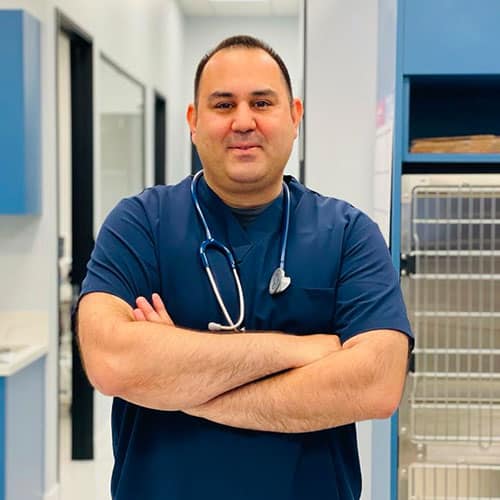
What your neighbors are saying!
Areas we Serve at Bliss Animal Hospital:
“Better Care. Better medicine.” This is our motto, and our veterinary staff stands behind it.
Bliss Animal Hospital is conveniently located at the Home Depot Plaza in Foothill Ranch, less than a 10-minute drive from the neighborhoods of Lake Forest, Rancho Santa Margarita, Mission Viejo, and Irvine (Great Park and Portola Springs). We also serve more distant regions like Tustin, Coto de Caza, Las Flores, Ladera Ranch, Laguna Hills, Laguna Woods, Stonegate (Irvine), Woodbury (Irvine), and Cypress Village (Irvine).
Our vet hospital is ready to serve not only the communities of South Orange County but also anyone who truly believes that veterinary medicine starts with relationships.

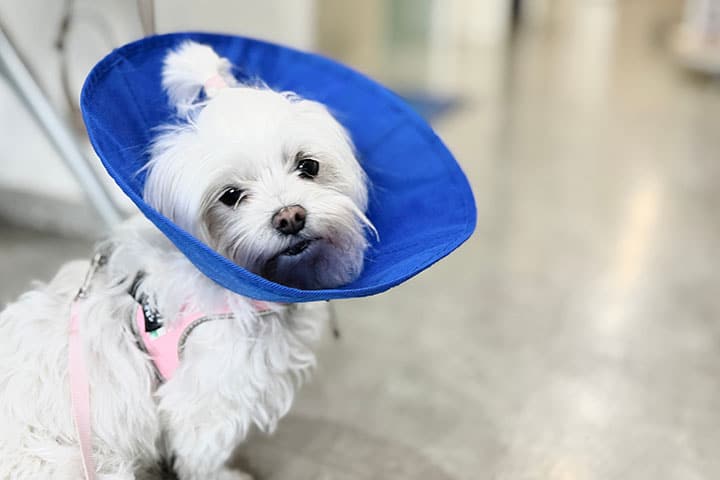
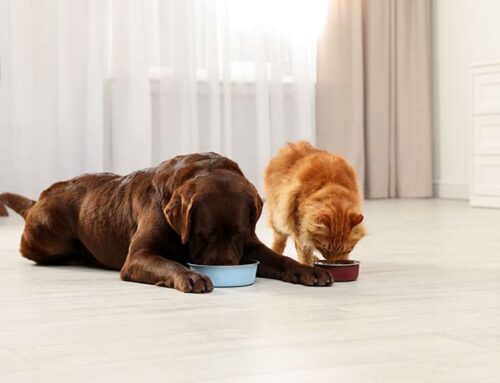
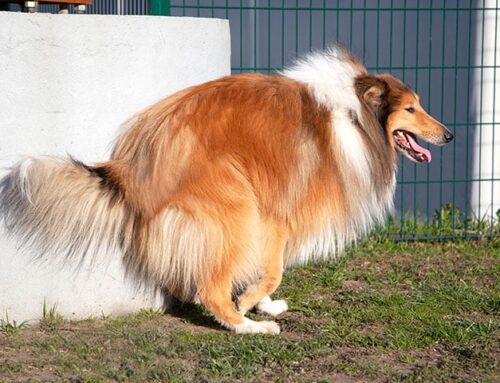
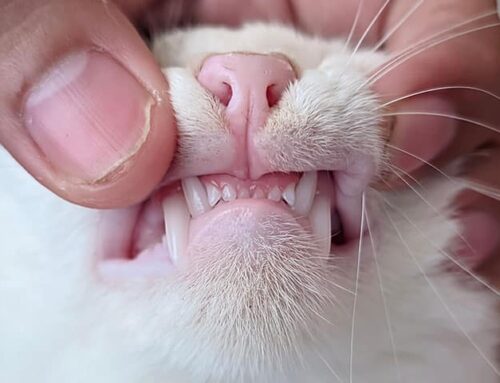
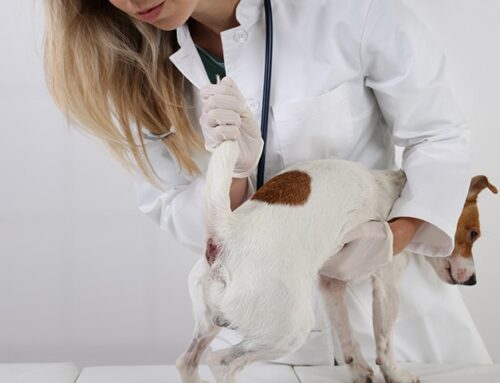



Leave A Comment